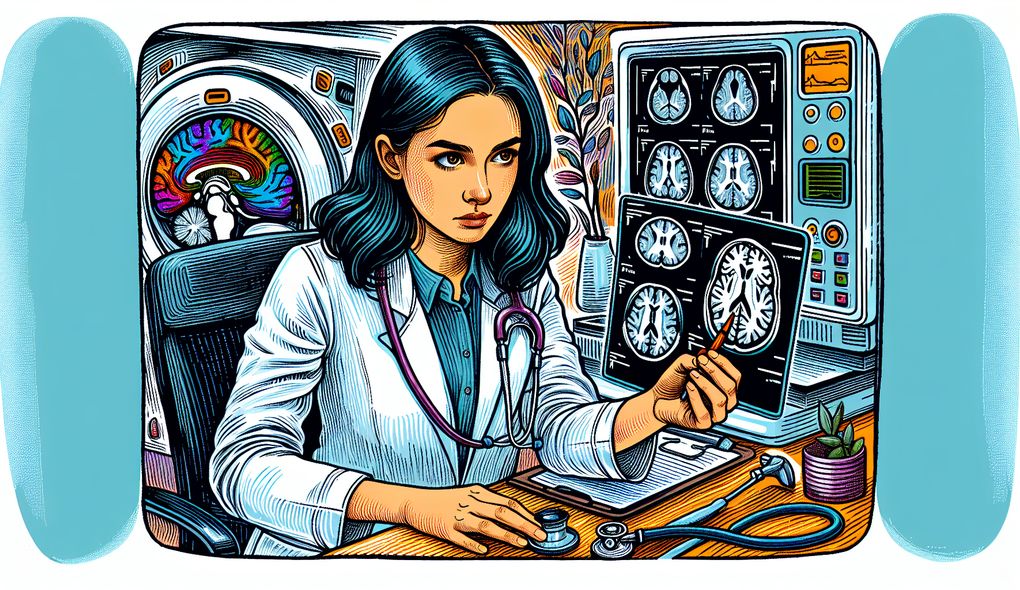Tell me about a challenging case you encountered while working with patients with neurological disorders and how you managed it.
INTERMEDIATE LEVEL

Sample answer to the question:
One challenging case I encountered while working with patients with neurological disorders was a patient diagnosed with multiple sclerosis (MS) who was experiencing severe mobility issues. The patient had difficulty walking and required assistance for daily activities. To manage this case, I collaborated with a physical therapist to develop a personalized rehabilitation program. We focused on strength training and mobility exercises to improve the patient's overall function and independence. Additionally, I educated the patient and their family about adaptive equipment and assistive devices that could enhance their quality of life. Through regular monitoring and adjustments to the care plan, we were able to see significant improvements in the patient's mobility and overall well-being.
Here is a more solid answer:
One challenging case I encountered while working with patients with neurological disorders was a middle-aged patient diagnosed with Parkinson's disease. The patient was experiencing frequent episodes of freezing, which significantly affected their ability to walk and perform daily activities. To manage this case, I employed a multifaceted approach. Firstly, I conducted a thorough assessment to identify triggers for freezing episodes and implemented strategies like visual cues and external aids to help the patient initiate and maintain their gait. Additionally, I collaborated with a speech therapist to address the patient's speech and swallowing difficulties, which can commonly accompany Parkinson's disease. Through regular follow-ups, medication adjustments, and continuous communication with the patient's primary care physician, we were able to optimize the patient's functional abilities, improve their quality of life, and reduce the frequency of freezing episodes.
Why is this a more solid answer?
The solid answer provides specific details about a challenging case involving a patient with Parkinson's disease and addresses the management of freezing episodes. It demonstrates critical thinking skills by implementing a multifaceted approach and collaborating with a speech therapist. However, it could further improve by providing more details about collaboration with other healthcare professionals and discussing the outcomes of the management strategies.
An example of a exceptional answer:
One challenging case I encountered while working with patients with neurological disorders was a young adult diagnosed with traumatic brain injury (TBI). The patient presented with a complex combination of physical, cognitive, and emotional symptoms, including impaired motor skills, memory deficits, and mood disturbances. To effectively manage this case, I spearheaded a multidisciplinary team consisting of neurologists, physical therapists, occupational therapists, and psychologists. Together, we developed an integrated care plan that addressed each aspect of the patient's condition. We implemented a comprehensive rehabilitation program focusing on physical therapy to improve motor skills, cognitive exercises to enhance memory and attention, and counseling sessions to address emotional well-being. Regular team meetings and collaborative discussions allowed us to monitor the patient's progress and make necessary adjustments to the treatment plan. Over time, the patient showed significant improvements in their motor function, cognitive abilities, and emotional regulation, ultimately leading to a successful transition back to their daily life and work responsibilities.
Why is this an exceptional answer?
The exceptional answer provides a detailed and comprehensive description of a challenging case involving a young adult with traumatic brain injury. It demonstrates exceptional skills in multidisciplinary collaboration, critical thinking, and problem-solving. The answer showcases the candidate's ability to develop an integrated care plan and coordinate the efforts of various healthcare professionals. Additionally, it highlights the positive outcomes achieved through the comprehensive rehabilitation program. To further enhance the answer, the candidate can include specific strategies or techniques utilized during the counseling sessions for emotional well-being and provide examples of how they advocated for the patient's needs and rights.
How to prepare for this question:
- Familiarize yourself with various neurological disorders, their symptoms, and common management approaches.
- Reflect on your past experiences and identify challenging cases involving patients with neurological disorders.
- Prepare specific examples of how you collaborated with other healthcare professionals to provide integrated care.
- Highlight your critical thinking skills by discussing the steps you took to address complex patient needs.
- Be prepared to discuss the outcomes and positive impacts of your interventions.
What are interviewers evaluating with this question?
- Strong clinical skills in neurology and patient care.
- Excellent communication and interpersonal skills.
- Critical thinking and problem-solving abilities.
- Ability to work collaboratively in a multidisciplinary team environment.

